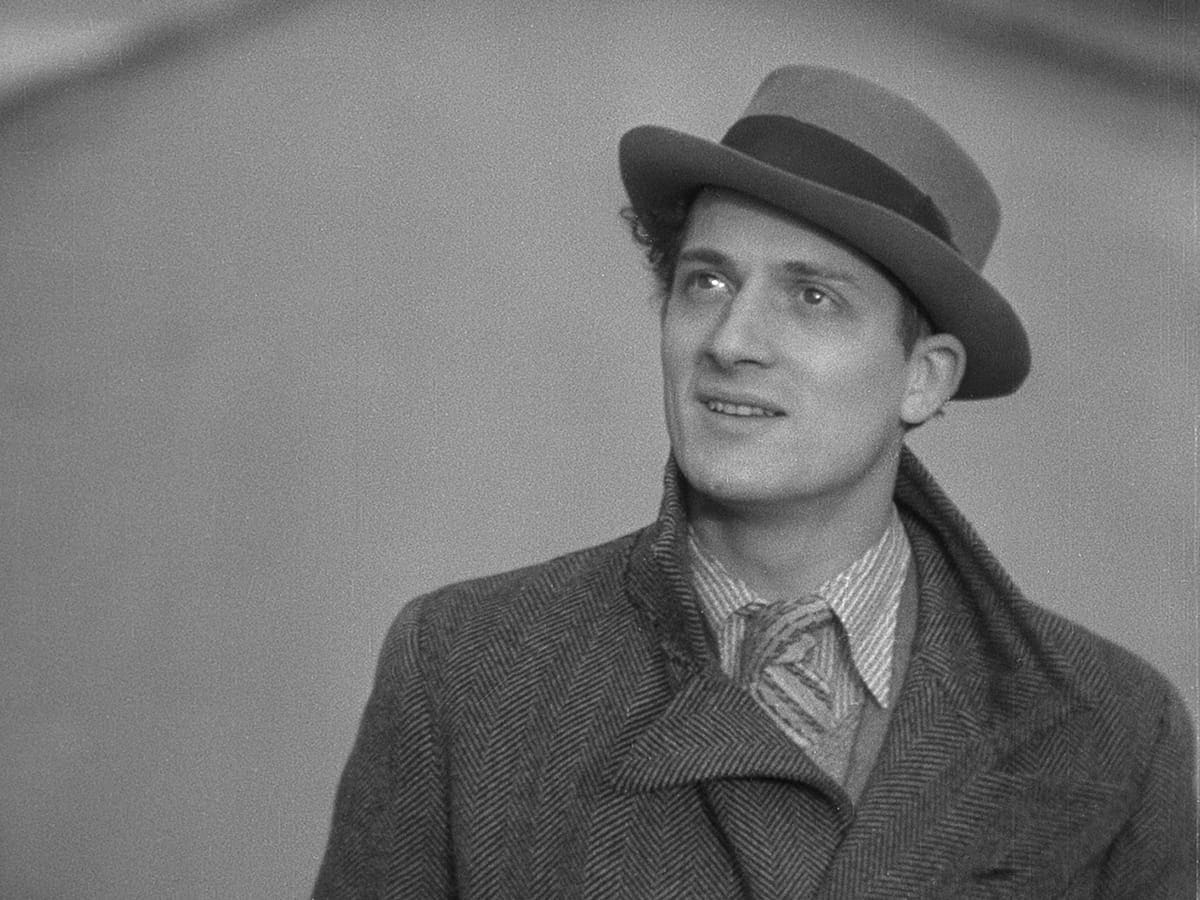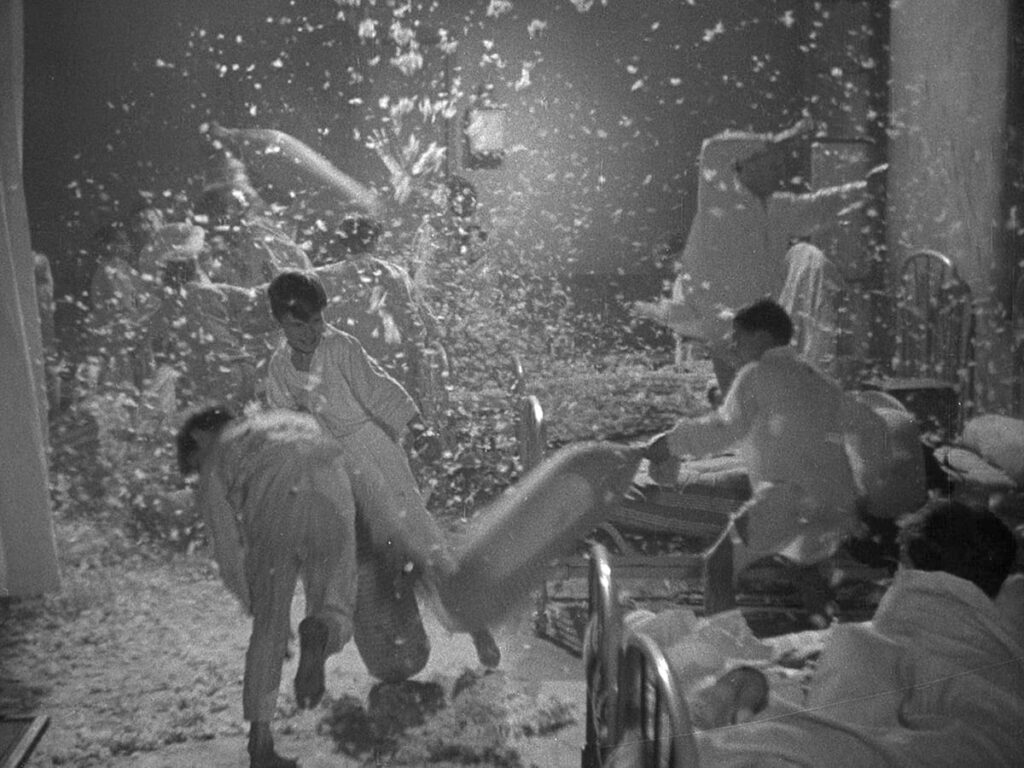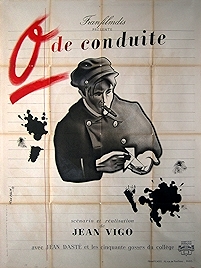Short but massively influential, Zéro de Conduite is 44 minutes (or so) of prime Jean Vigo. A film deemed “anti-French” when it was released in 1933, it went on to influence that most French of genres, the New Wave. François Truffaut’s The 400 Blows owes it a lot, as does British New Waver Lindsay Anderson’s If…., which borrowed its finale for its famous climax.
“Zero for conduct; detention on Sunday” is its refrain, the punishment handed out by the schoolmasters at a French boarding school where unruly lads are kept in check, barely, by a strict system of punishment and reward.
Naughty boys is its theme and Vigo wastes no time establishing it – his opening shot is of a pair of lads in a train compartment mucking about. While an adult (Jean Dasté) sleeps in the corner they do silly things with whatever they have to hand. A few feathers inserted here and there to make out as if a bird. A pair of balloons inflated and then fondled as if breasts.
Sex permeates Zéro de Conduite, laddish unruly sex which the teachers are particularly severe about, even though all the boys sleep together in a dormitory, with a teacher in there too, a curtain drawn around his bed inadequate as any sort of barrier.
Vigo is implying something from the get-go, and finally gets there towards the end of the film when he introduces a teacher – fat, sweaty, inadequate – who cannot keep his hands off one of the pupils, Tabard (Gérard de Bédarieux, a Vigo stand-in), a pretty lad whose face may be sweet but his mouth is not. Shit on you,” he bellows after the older man gets too handsy in class.
Vigo uses mostly non-professionals to tell his story and shoots the action in a way that seems almost haphazard: a wobbly shot here, a loss of focus there. This is entirely deliberate. The vast bulk of his shots are both beautifully framed and perfectly exposed – the DP is Boris Kaufman, brother of Dziga Vertov (of Man with a Movie Camera fame). Kaufman would later shoot On the Waterfront and 12 Angry Men and the “amateurishness” is all part of a bigger plan to get things poetically rather than technically right.
He also shoots from high up, the god’s-eye-view adding an impression of authority. Vigo based all the characters, the boys and the teachers, on people he knew. He wanted his portrait to have the tang of the authentic, and to have teeth.
Talking of authority, the school’s headmaster is played by Jules Sirveaux, who went by the stage name Delphin and was a dwarf. Vigo’s camera repeatedly contrasts the headmaster with the boys, who are often taller than him, Delphin’s prissy, hypercorrect delivery and overlong beard saying it all about a man trying hard to compensate for his size.
The loose connectedness of the scenes lends the whole thing a semi-documentary aspect, though dramatically Vigo is building, building the whole time, cranking up the tension from easy giggles at the start to the excitement of the famous pillow fight in a darkened dorm through to the revolutionary breakout, when the boys rebel against the regime and take to the roof of the school.
Vigo was dying of tuberculosis while making it and was dead, aged 29, the following year. He left behind a small but perfectly formed body of work, only four films, of which this was the penultimate (you could watch them all in a morning). Zéro de Conduite was a total failure at the box office. Crowds hissed and booed and then the censor stepped in and banned it. It was anti-authoritarian, yes. And pro-child too. But anti-French, as the censor insisted? Laughable.
I am an Amazon affiliate
© Steve Morrissey 2023


